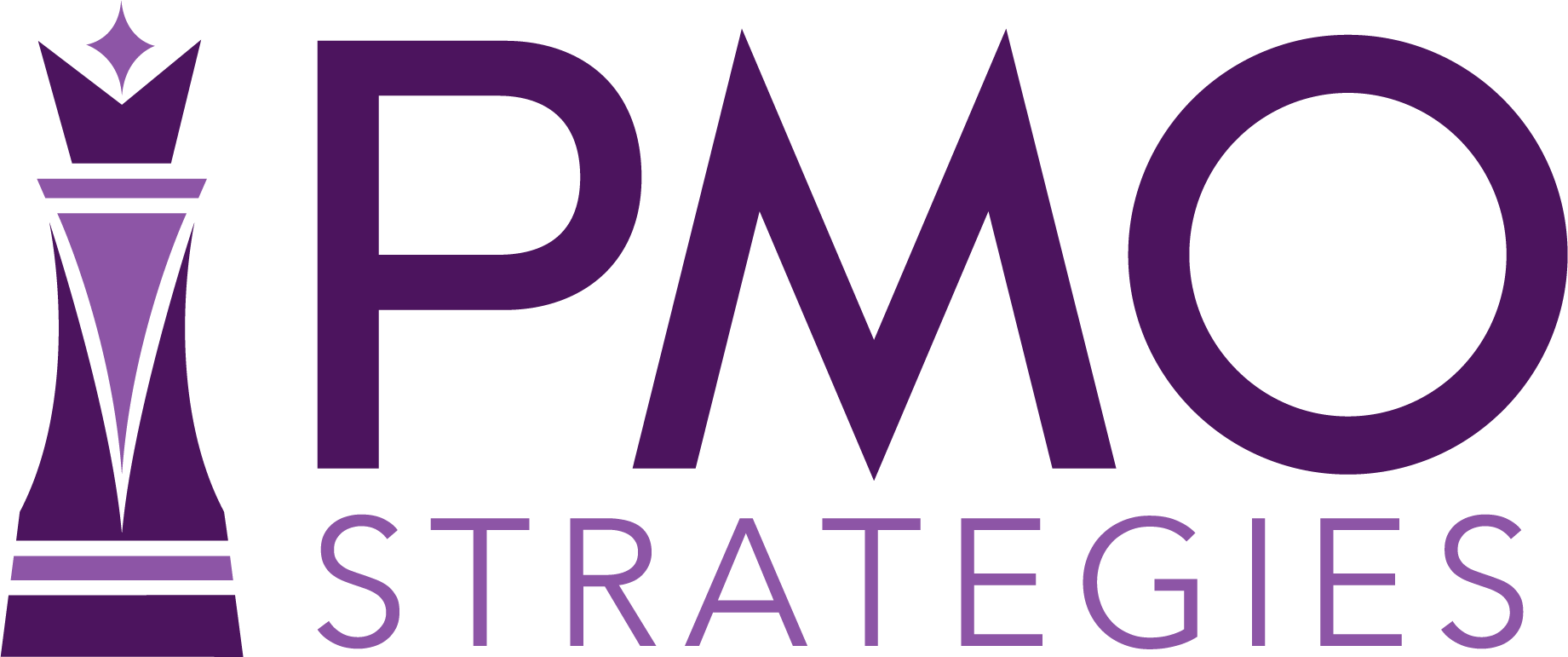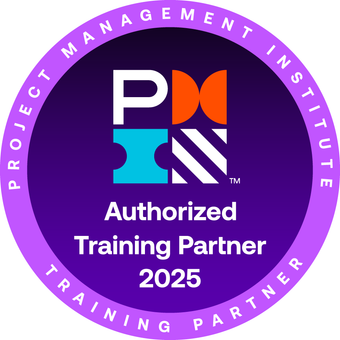-
 Yesterday’s PMOs were process-driven, governance focused and project-based. That model doesn’t work anymore – if it ever did. The modern, future-ready PMO must be focused on enabling business results, it must have an enterprise-wide perspective and it must be a business function, not a project function. Join Andy Jordan to learn how to create a PMO ready to succeed in today’s fast-paced world, and continue delivering into the future.
Yesterday’s PMOs were process-driven, governance focused and project-based. That model doesn’t work anymore – if it ever did. The modern, future-ready PMO must be focused on enabling business results, it must have an enterprise-wide perspective and it must be a business function, not a project function. Join Andy Jordan to learn how to create a PMO ready to succeed in today’s fast-paced world, and continue delivering into the future. -

Interview: The Business Focused PMO
In this interview, Steve discusses key points regarding expectations and behaviors that are critical to a business-focused PMO regardless of company size. PMO leaders have a unique opportunity to influence and drive success for the company as a whole and Steve will walk us through some of the shifts that we must make to thrive.You will learn the “why” of best practices in PMO development that will drive PMO value to your stakeholders. You will also learn how to implement these best practices to gain the certainty that the business wants. Finally, you will learn how to motivate the workforce to greater results with simple techniques. -
 Humans, by our physiological and social nature, are adverse to change within our environments. Our neural structures and habituated systems block change. Our social structures affect normative pressure toward ‘sameness’. We seek rational self-interest – the ability to survive. Yet Thriving requires higher-order, slow neural processes, and approaches to a problem or opportunity adoption. The slow response leads to innovation that affects successful social evolution. In a world of fast-paced technological and social change, our fast response neurological systems take charge and we have the tendency to follow rather than lead. Humans socially develop the processes and tools that assist us to accept and adopt change. PMI and other organizations have more recently in human history categorized the processes and labeled them as best practices, often without an understanding of the underlying human factors. The evolution of PMO’s introduce the social and organizational elements of change, and still, projects can fail because the individual and cultural elements are omitted (typically due to lack of knowledge or understanding). During our time together, we will work together to aid attendees to grasp initial insights and acquire some resources that will aid them to better incorporate a mindset that recognizes the natural chaotic response to change and to start an approach to better establish Thriving projects.
Humans, by our physiological and social nature, are adverse to change within our environments. Our neural structures and habituated systems block change. Our social structures affect normative pressure toward ‘sameness’. We seek rational self-interest – the ability to survive. Yet Thriving requires higher-order, slow neural processes, and approaches to a problem or opportunity adoption. The slow response leads to innovation that affects successful social evolution. In a world of fast-paced technological and social change, our fast response neurological systems take charge and we have the tendency to follow rather than lead. Humans socially develop the processes and tools that assist us to accept and adopt change. PMI and other organizations have more recently in human history categorized the processes and labeled them as best practices, often without an understanding of the underlying human factors. The evolution of PMO’s introduce the social and organizational elements of change, and still, projects can fail because the individual and cultural elements are omitted (typically due to lack of knowledge or understanding). During our time together, we will work together to aid attendees to grasp initial insights and acquire some resources that will aid them to better incorporate a mindset that recognizes the natural chaotic response to change and to start an approach to better establish Thriving projects. -
 How do PMO people learn? Most courses teach us through presentation with a number of exercises; where at the end our memory skills are tested. Effective? For the training team; yes. But what if there was another way for the learner? Accountability is key to true learning power – so what if instead we utilized an approach that allowed learners to do some reflective practice, apply their critical thinking techniques, then were made accountable for delivering through project-based learning(PBL) and mentoring? Considering Maslow’s Hierarchy of Needs, the Ebbinghaus forgetting curve, and the fact that we are humans first, PMO second; this presentation will provide an insight into how best to invest in training for our people, getting true Return on Investment for the organization, whilst developing key personal and Leadership skills. Making better PMO people.
How do PMO people learn? Most courses teach us through presentation with a number of exercises; where at the end our memory skills are tested. Effective? For the training team; yes. But what if there was another way for the learner? Accountability is key to true learning power – so what if instead we utilized an approach that allowed learners to do some reflective practice, apply their critical thinking techniques, then were made accountable for delivering through project-based learning(PBL) and mentoring? Considering Maslow’s Hierarchy of Needs, the Ebbinghaus forgetting curve, and the fact that we are humans first, PMO second; this presentation will provide an insight into how best to invest in training for our people, getting true Return on Investment for the organization, whilst developing key personal and Leadership skills. Making better PMO people. -
 Have you ever been in a situation where you would like to put in practice these amazing learnings you got from that project management training course you went to last month but no one else seems to follow? Are you getting annoyed by missing out on the beauty of project management? If you are the only one realizing the value of organizational project management but getting no support from your manager or peers, this session is for you. Marisa Silva, The Lucky PM, will share her practical hints and tips on how your PMO can become a trojan horse (a good one, I promise) and how to implement a project management culture by stealth. It’s time for some PMO ninja action!
Have you ever been in a situation where you would like to put in practice these amazing learnings you got from that project management training course you went to last month but no one else seems to follow? Are you getting annoyed by missing out on the beauty of project management? If you are the only one realizing the value of organizational project management but getting no support from your manager or peers, this session is for you. Marisa Silva, The Lucky PM, will share her practical hints and tips on how your PMO can become a trojan horse (a good one, I promise) and how to implement a project management culture by stealth. It’s time for some PMO ninja action!


